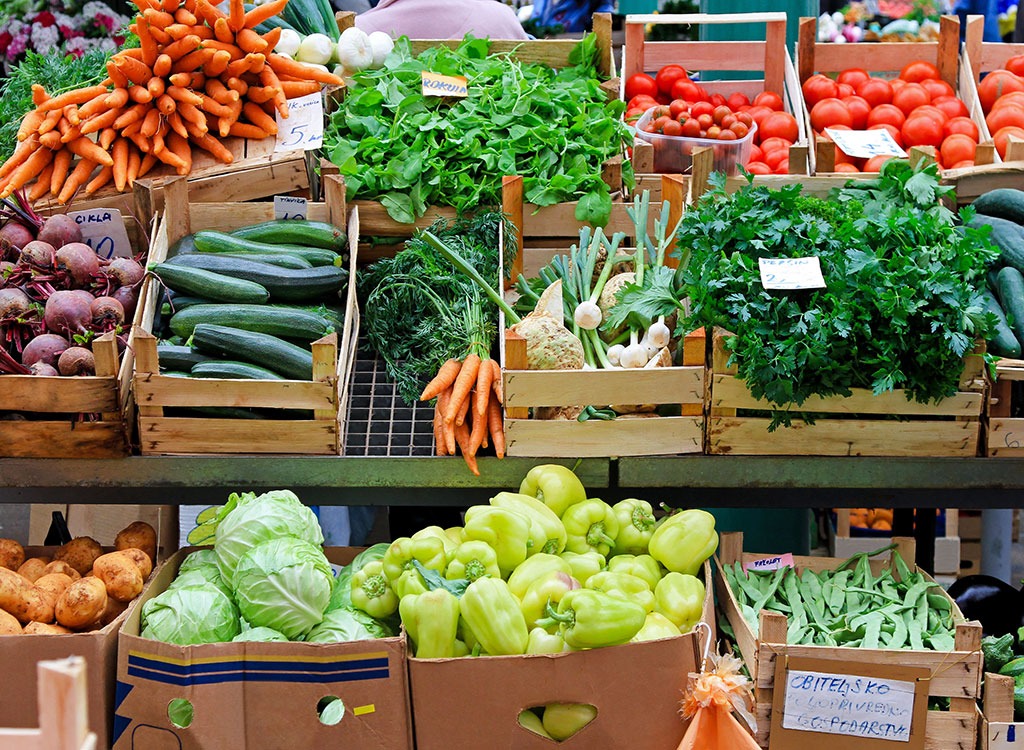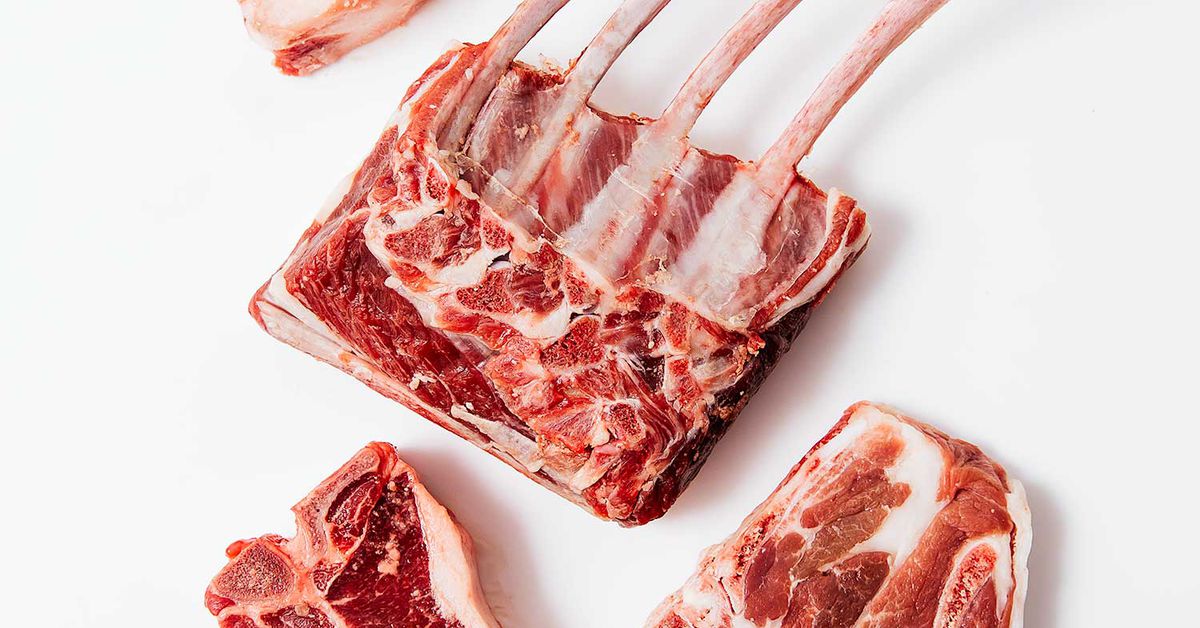The term “plant protein” gets thrown around a great deal in the fitness community, and it’s natural to get somewhat confounded about it. Vegetables are incredibly nutritious, and everybody as a whole can remain to eat significantly more of them, yet they don’t exactly have a reputation for being a high-protein nourishment.
“When we talk about the best sources of plant protein, we usually are referring to things like beans, quinoa, legumes, and soy,” said registered dietitian Kristin Kirkpatrick of the Cleveland Clinic’s Wellness Institute. Vegetables have protein, however insufficient to be people’s sole source of it. In the event that people just ate vegetables on a strictly veggie lover diet, Kristin told POPSUGAR, it’s impossible that they had get enough protein to meet their every day needs. That doesn’t mean they need to swing to protein reserves like chicken, eggs, and fish, in case they are dedicated to staying veggie lover; there are a lot of non-vegetable, plant-based alternatives that can get them the protein they need.
Which Vegetables Have the Most Protein?
It’s optimal to have something like one full serving of vegetables at every meal, and getting protein-rich ones keeps people full for more while giving increasingly dietary bang to their buck — huge numbers of them are wealthy in fiber, which is filling, as well. Here are the absolute most elevated protein vegetable alternatives per 100 grams (as indicated by the USDA) to search for next time they are in the produce aisle.
This is a modal window.The media couldn’t be stacked, either on the grounds that the server or network failed or in light of the fact that the format isn’t bolstered.
- Corn: 9 grams of protein
- Spirulina (seaweed): 6 grams of protein
- Green peas: 5 grams of protein
- Broccoli: 3 grams of protein
- Potatoes: 3 grams of protein
- Mushrooms: 3 grams of protein
- Asparagus: 2 grams of protein
With snacks like seaweed chips, sides of parmesan and basil grilled corn, and vegetarian split pea soup for a hearty main course, it’s significantly simpler than people had think to make these protein-dense veggies a piece of their eating regimen.
Best Sources of Plant Protein
For veggie lovers, plant protein is essential, but on the other hand it’s an extraordinary decision for individuals endeavoring to eat more plant-based nourishments or searching for a new source of protein to mix up a monotonous daily diet. Here are some extraordinary decisions to give them a portion of empowering, muscle-building, plant-based power, prescribed by Kristin.
- Soy (edamame, tofu, or tempeh)
- Beans
- Quinoa
- Chickpeas
- Hemp seeds
- Peanuts




